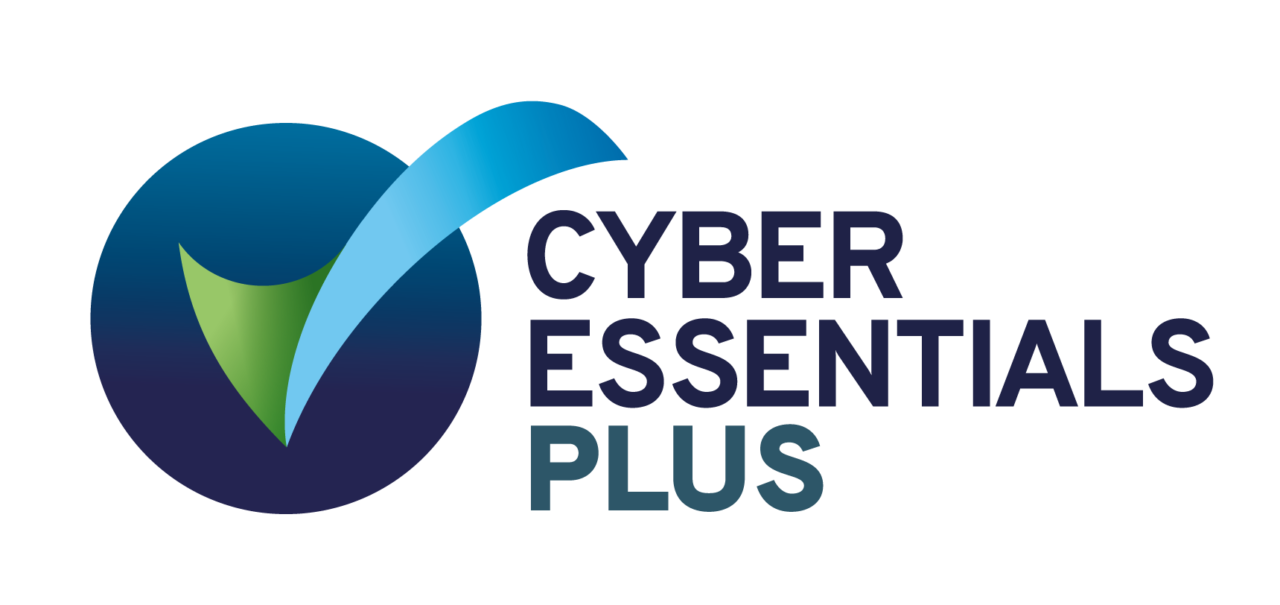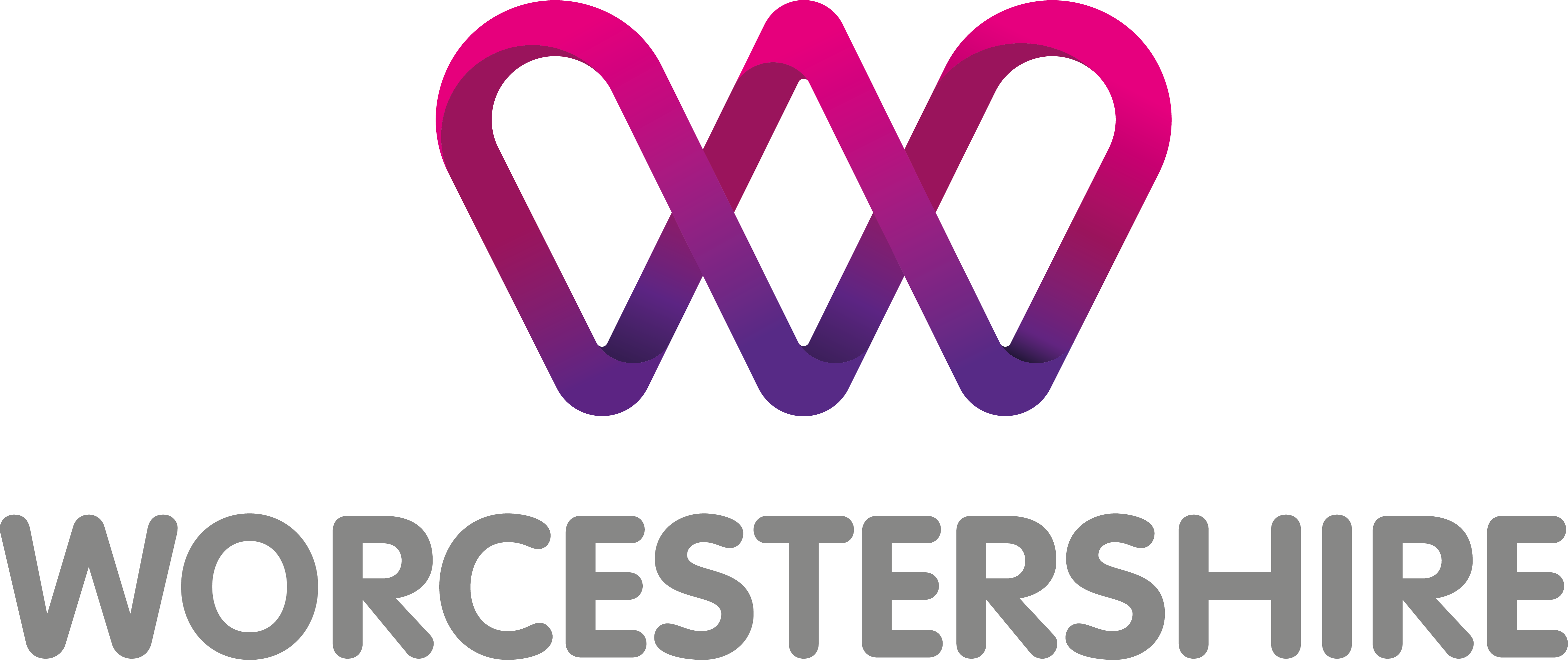For HR staff working either freelance or in-house, there may be a time when they need to interview an employee whose first language is not English. How this interview is approached, regardless of its purpose, can have a huge effect on the wellbeing of the employee involved and on the reputation of the company.
It might be that workers are employed who have a good enough level of English to get by in the job, to talk to fellow colleagues and to understand basic training. They may not be in a customer-facing role and therefore don’t need fluent English.
The situation becomes more difficult however, if an HR consultation is needed, for example in the event of a problem, redundancy or complaint. In these types of situations, the employee’s level of English may not be good enough to ensure that their side of the story and their opinions are clearly communicated without bias or loss of detail. They may also have trouble understanding their rights and the options open to them.
Under the Equality Act, a company has to ensure that no one suffers a detriment, which could potentially happen if an employee’s level of English was not good enough to understand the key points, or indeed if they needed a BSL interpreter (also covered under the Disability aspects of the Equality Act). The ACAS Guidelines also advocate the presence of an interpreter to assist in disciplinary or grievance situations (see links below).
As an employer, the best way to ensure these types of consultation are carried out fairly, without prejudice to the employee, allowing you to get a full version of events and what the employee thinks is to use the services of a professional interpreter.
A professional interpreter is one who is appropriate and independent. “Appropriate” means that they are fully trained, certified (NRPSI) and experienced, and that they speak not only the same language but the same dialect. For example, Swahili is spoken in greatly different dialects in Uganda, the Democratic Republic of Congo, and Kenya. Kurdish is also spoken in two main dialects, Kurmanji and Sorani, which are as different as German and English. A quick telephone call can ensure that interpreter and client can properly understand each other, making sure that things will run smoothly.
In certain situations, it would be wise to ensure that any interpreter is fully independent, rather than a family member or work colleague, as sensitive or legal issues may be discussed and the information exchanged needs to be accurate and unbiased.
If your company has an upcoming HR meeting and you would like further information on how a professional interpreter could help, get in touch with us on 0844 856 1086 or send us an email on [email protected]. There is no charge for advice and we’d be happy to help.
For more information on the legal position refer to:
http://www.acas.org.uk/media/pdf/d/r/Discipline-and-grievances-Acas-guide.PDF
http://www.acas.org.uk/media/pdf/i/g/Employee-communications-and-consultation.pdf
For HR queries and for help with HR consultations, with or without an interpreter, contact Helen Astill http://www.cheringtonhr.com/
















